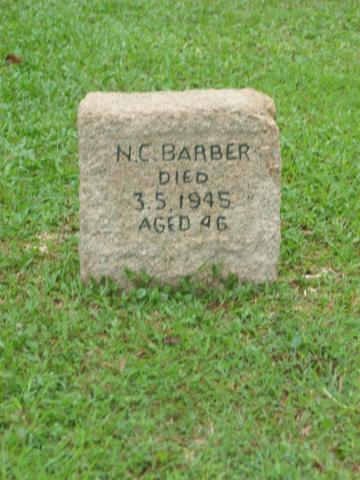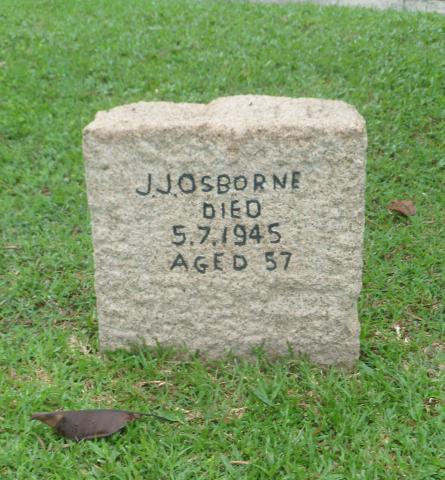In the afternoon Franklin Gimson meets the interpreter who's taking over from Kiyoshi Watanabe. He's impressed. Kochi has a better knowledge of English than his predecessor and seems 'quite a cheery, pleasant fellow'. He believes that the Japanese are generally trying to strengthen the staff at the Camp. John Stericker also notes Kochi's arrival, saying he's replaced 'our nice but ineffectual Mr Watanabe'.
Sources:
Gimson: Diary, Weston Library, Oxford, p. 139 (recto)
Stericker: Captive Colony, Chapter 13, p. 16
Note:
A source from the immediate post-war period states that Watanabe had a good command of English but spoke it slowly - he was recommended for employment as an interpreter for the British in any form of work except judicial proceedings.
His dismissal was not connected with a Japanese desire to provide the camp with a better translator - this was almost certainly the time when Watanabe was summoned by Colonel Tokunaga - the head of all Hong Kong's camps - to be abused, threatened and stripped of his office for the humanitarian assistance he was giving to the prisoners. Lucky to escape with his life and freedom, he returned to Stanley where he was 'thumped and hit and spat on' by the other Japanese who regarded him (wrongly) as a traitor. He seems to have spent the next period in a state of confusion, ended by the eventual offer of a new job from a Japanese official in the last week or so of the war (See Liam Nolan, Small Man of Nanataki, 1966, 137 ff.)



